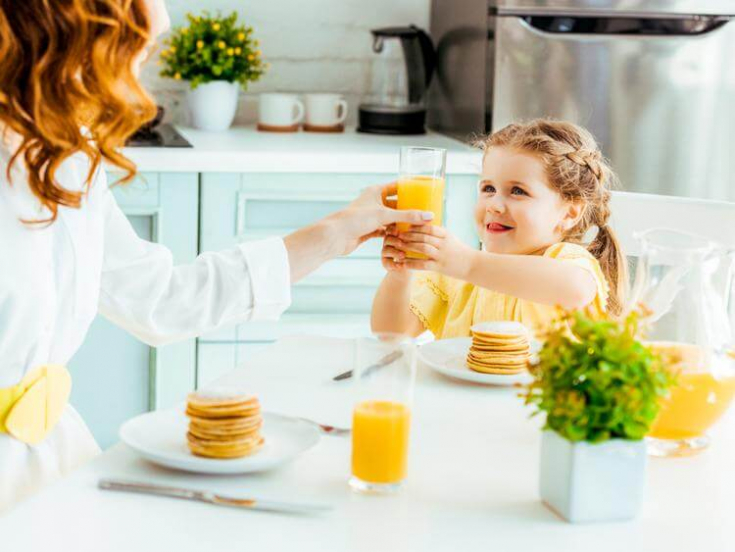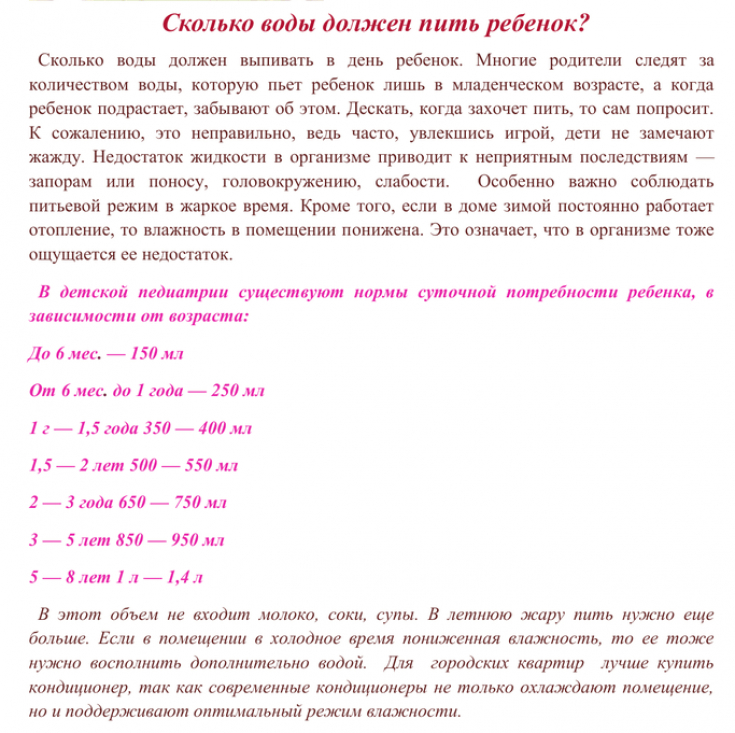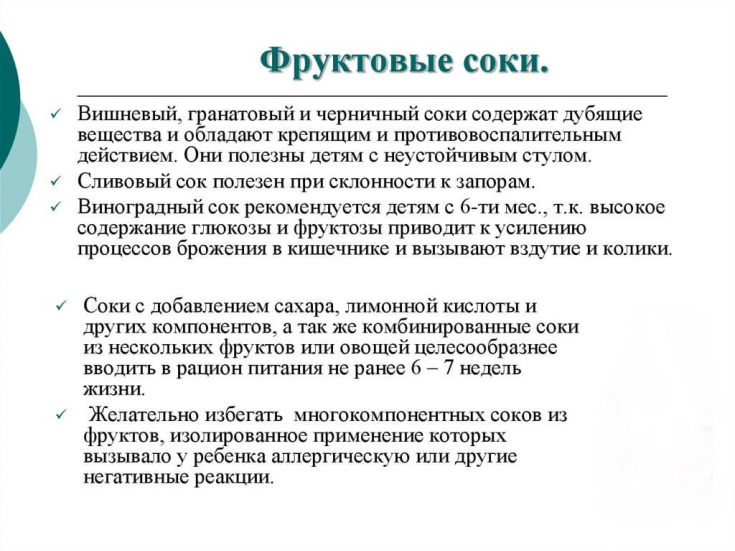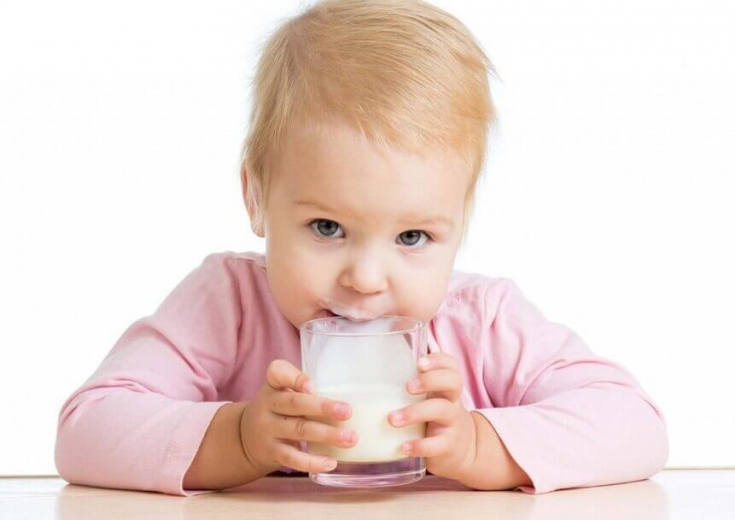Caring about the health of the child, parents add all kinds of drinks to their diet, without thinking about their possible harm to the developing organism. Scientists have proven that from birth to 6 months, it is desirable for a baby to receive only breast milk or infant formula (if the mother is unable to breastfeed). It is mother's milk that contains substances important for the growth and development of the child. Modern parents from an early age introduce "useful" liquids in the crumbs menu, which is fraught with negative consequences.
estet-portal.com offers to figure out what is undesirable for a baby to drink.
- What to drink for a baby: ideal indicators
- Drinking fresh juice for a baby is harmful – when and why
- How can supermarket juice hurt
- Milk and infant formula: when to drink and how much
What to drink for a baby: ideal indicators
If you listen to the recommendations of pediatric dentists, nutritionists and pediatricians, then the drinking regimen of a growing child should be as follows:
• 0-6 months – breast milk or infant formula, avoid flavored milk and sweeteners;
• from 6 months to a year – simple water is added to the above drinks in small quantities;
See also: Can children drink coffee or not?

• from 1 to 2 years – pasteurized milk, juices are introduced, which are diluted with water;
• from 2 to 5 years – natural juices and milk with some fat content;
Follow our page on Facebook!
Only from 5-7 years old is it possible for a child, but it is not recommended to use carbonated drinks with added sugar, caffeine and various flavorings. It is worth noting that sweet drinks provoke the development of diabetes and obesity in children.
Drinking fresh juice for a baby is harmful – when and why
Almost every mother purchases a juicer so that the child receives a large amount of vitamins and nutrients with natural juices. As it turns out, the benefits of such juices are not so great, and their regular use leads to:
• to the development of diabetes;
• to obesity;
• to the destruction of tooth enamel.
Read also: Summer, children, sun: features and disadvantages of summer holidays

Another negative point about natural juices – this is the lack of fiber that the baby receives by eating fruit. When making juice, fiber goes to waste, and without it, it is more difficult for a child's body to regulate the metabolism of glucose in the blood. Natural juices are recommended for older children, but as an addition to a full-fledged diet, since their use does not replace all the vitamins necessary children's body.
How can juice from a supermarket hurt
Many people talk about the dangers of purchased juices, but modern brands produce products for children, starting from birth. These drinks often include unpasteurized juice, which is dangerous for the possible presence of E. coli.
Beautiful packaging attracts children from an early age, but pediatricians advise limiting the drink in this way:
• up to a year – avoid drinking juice;
• from 1-3 years old – half a glass a day;
• from 3-10 – no more than 1 glass.

Such restrictions are justified by the fact that when examining juices from the store, heavy metals are found in the composition: cadmium, mercury, etc. The regular use of such juices in large quantities leads to the accumulation of toxic components, which in in turn, it negatively affects the intellectual abilities, the activity of the child and his health.
xxxx>from diet
Milk and infant formula: when to drink and how much







Add a comment